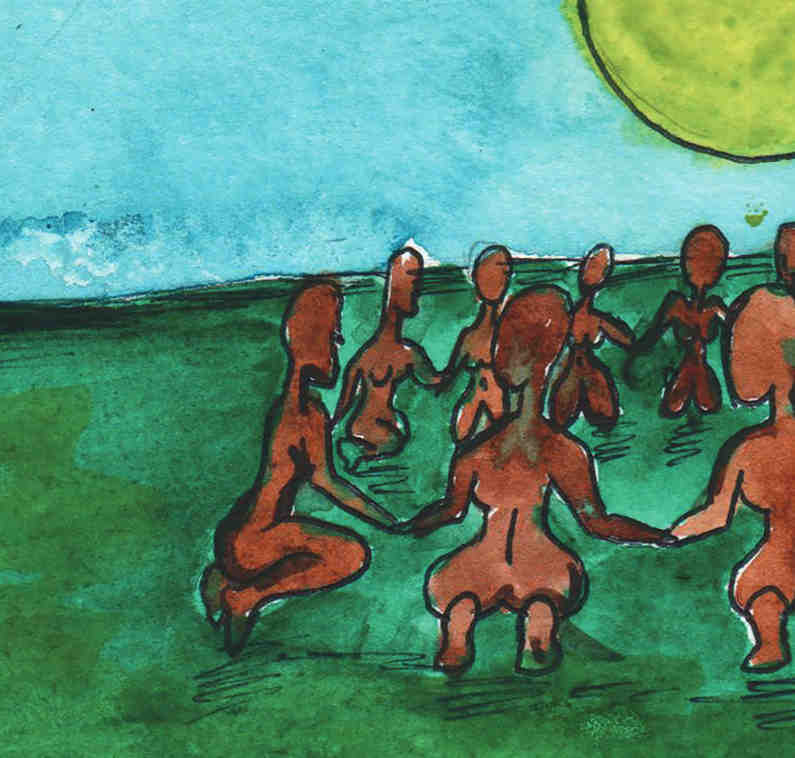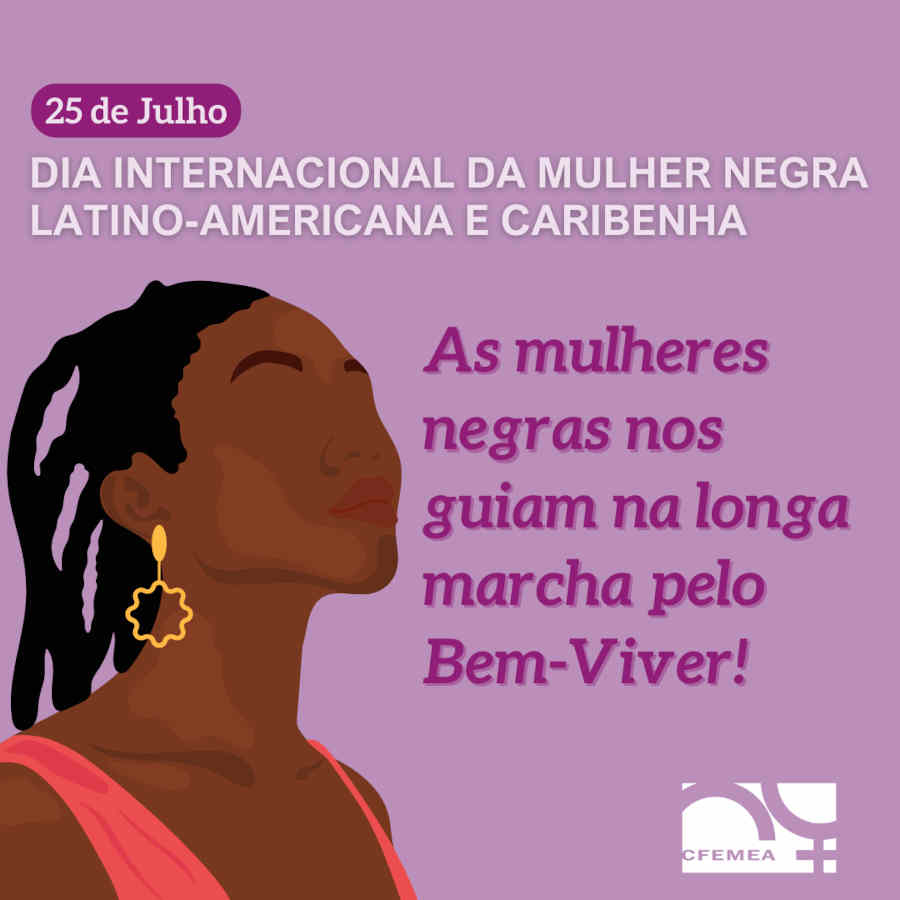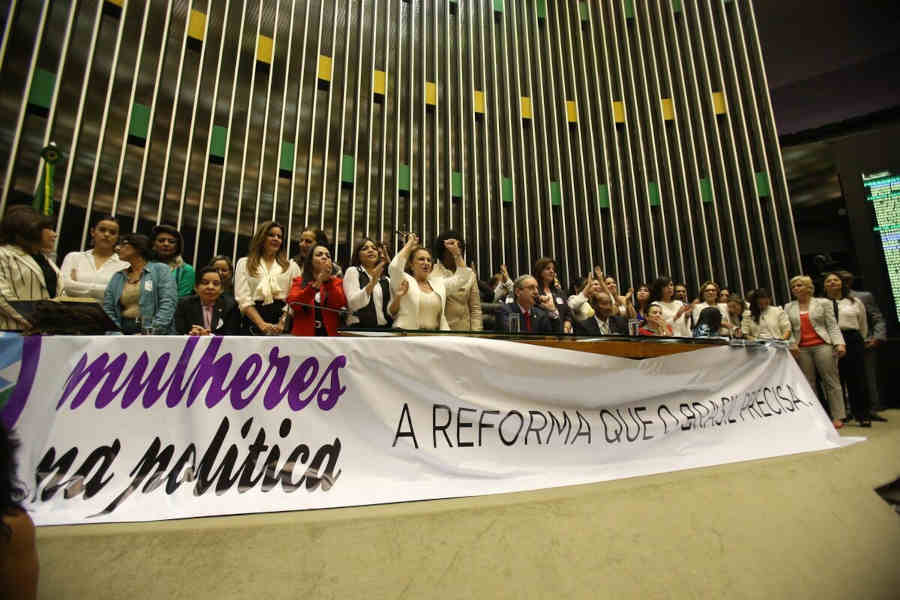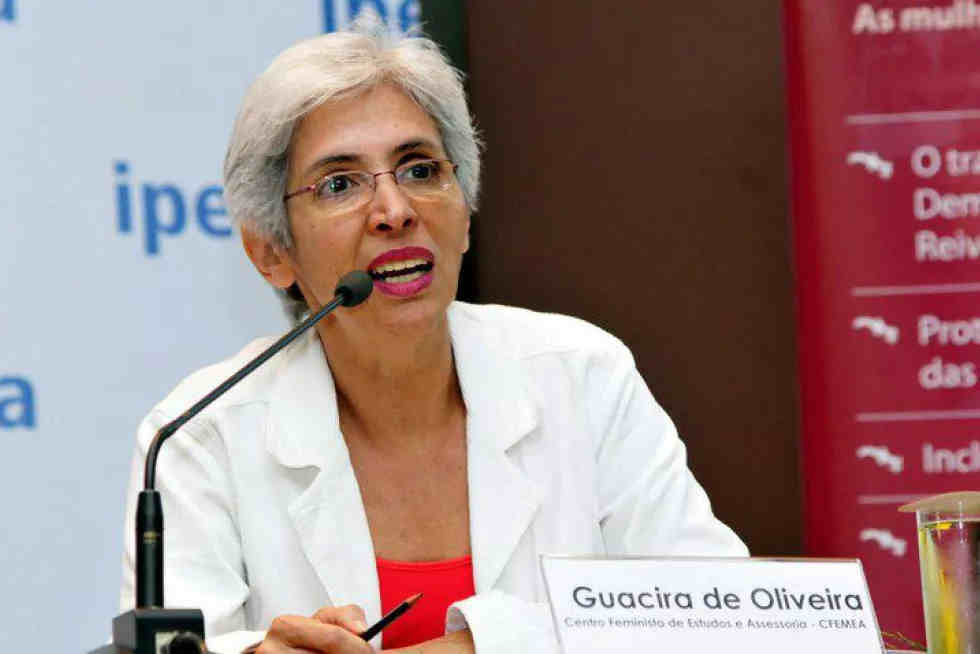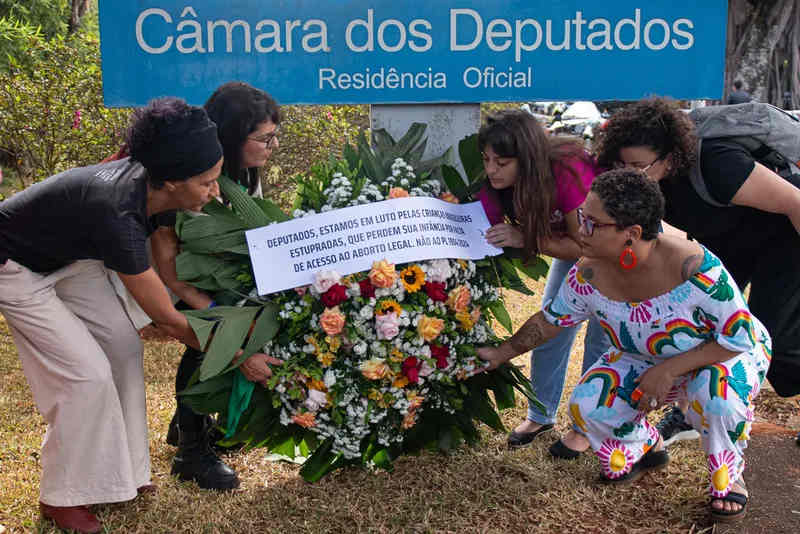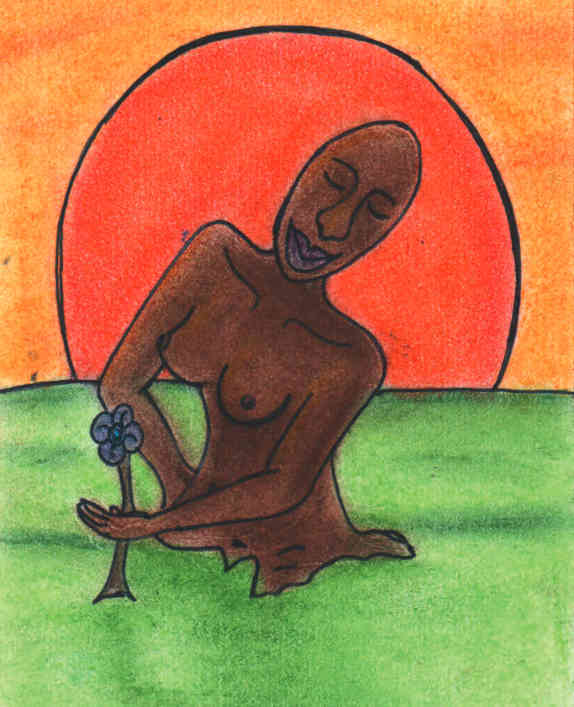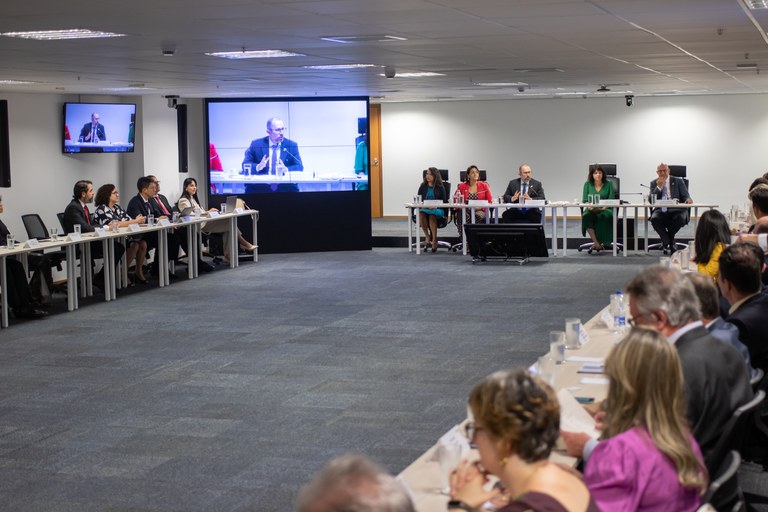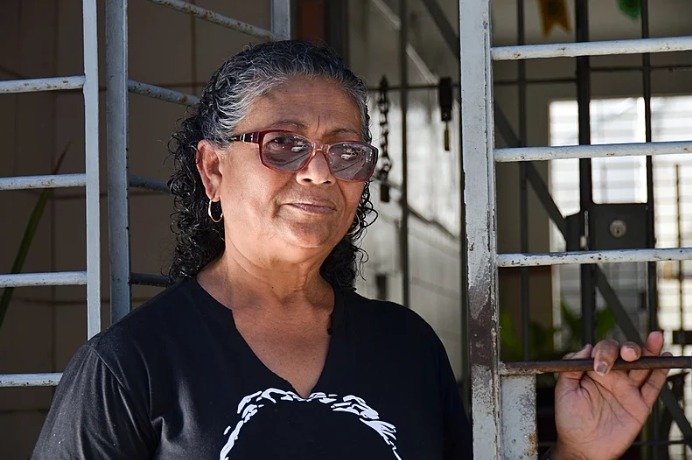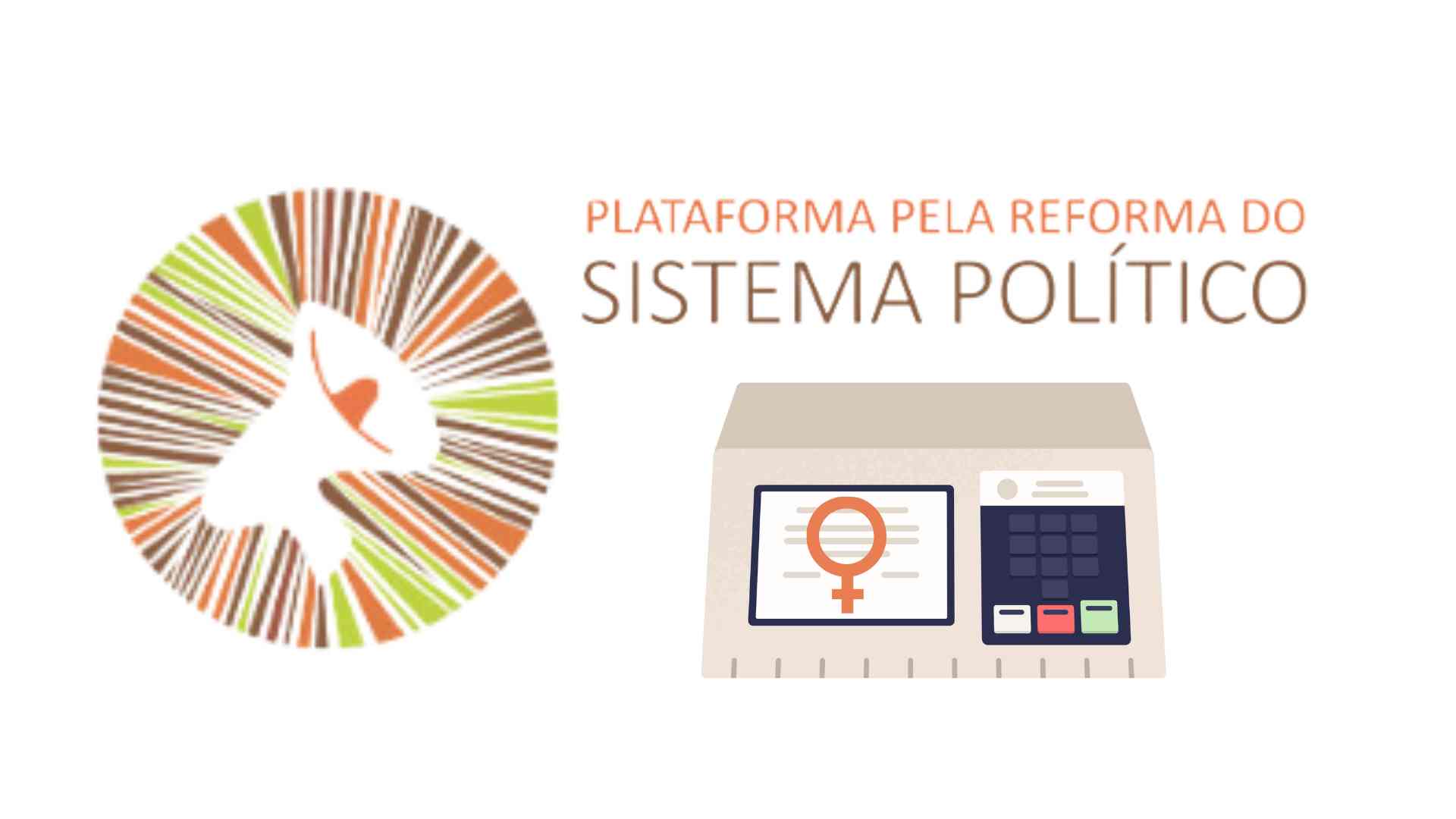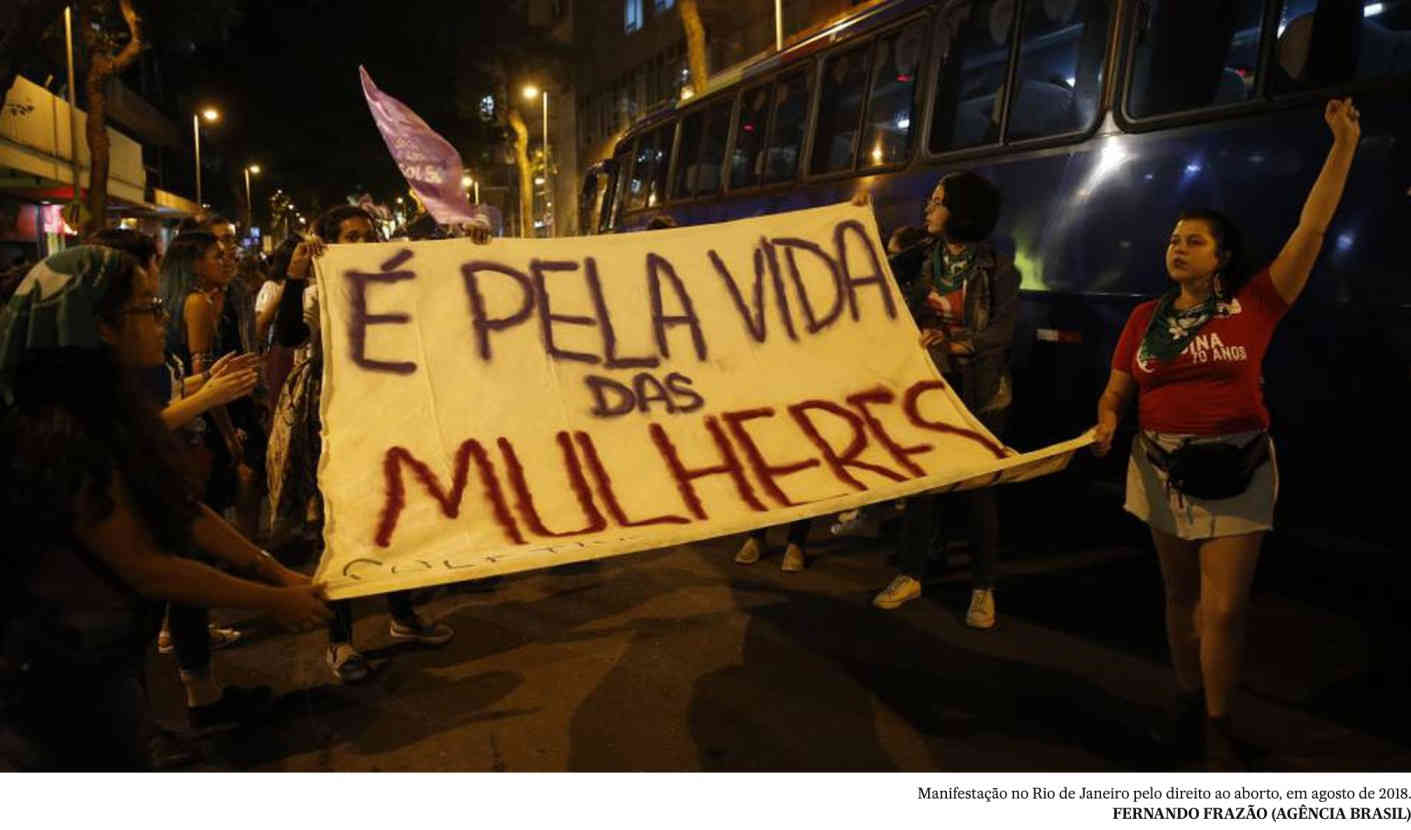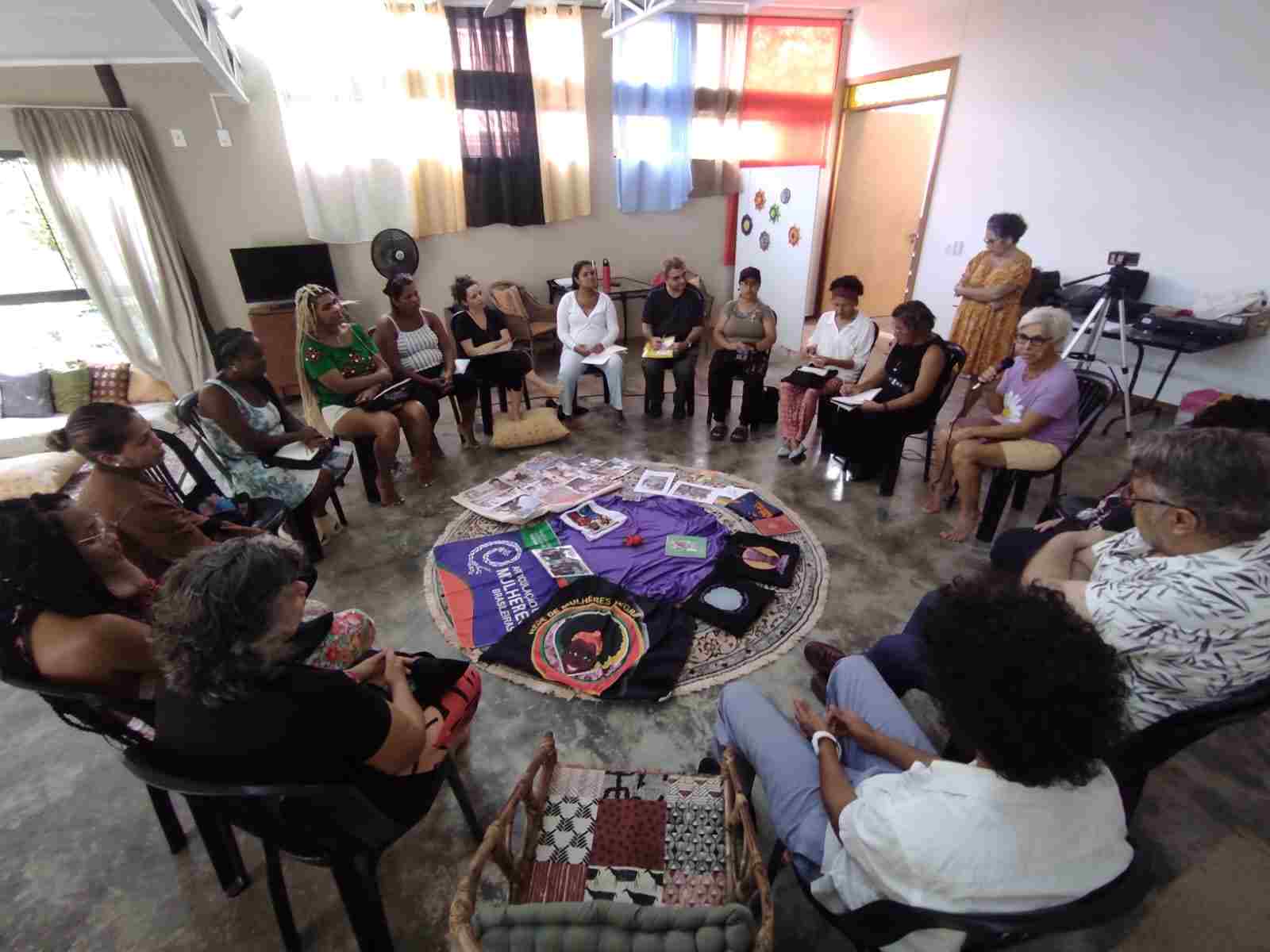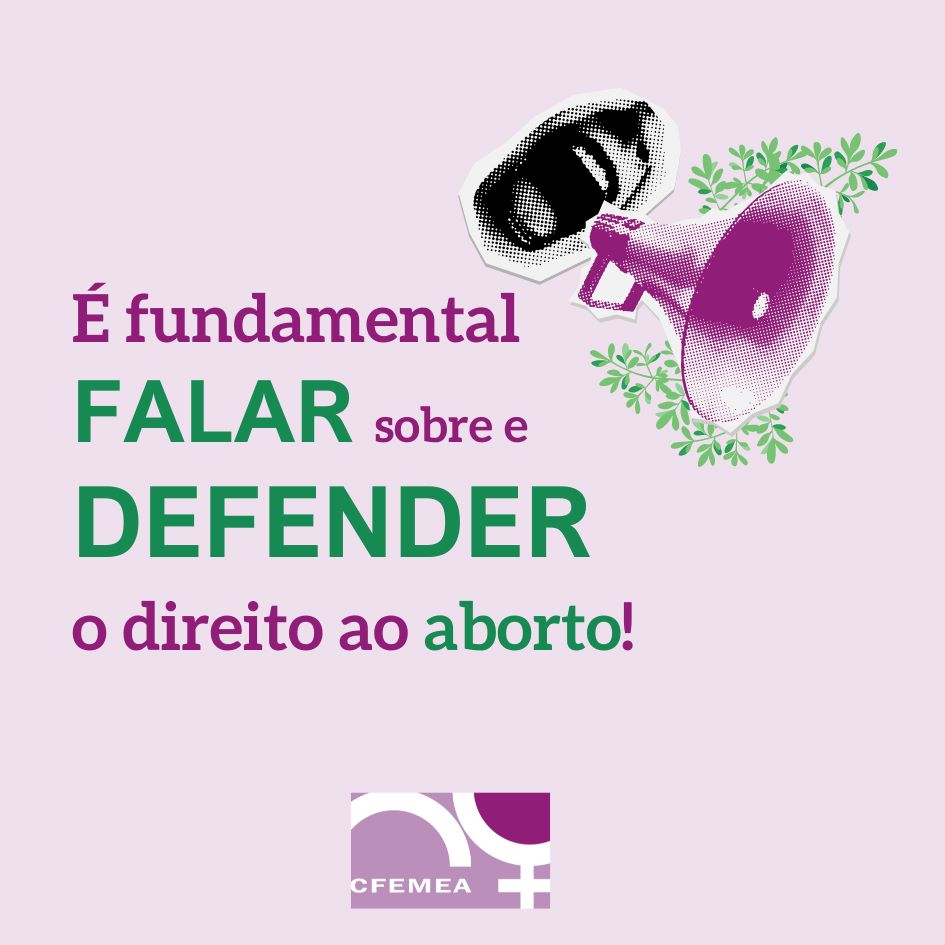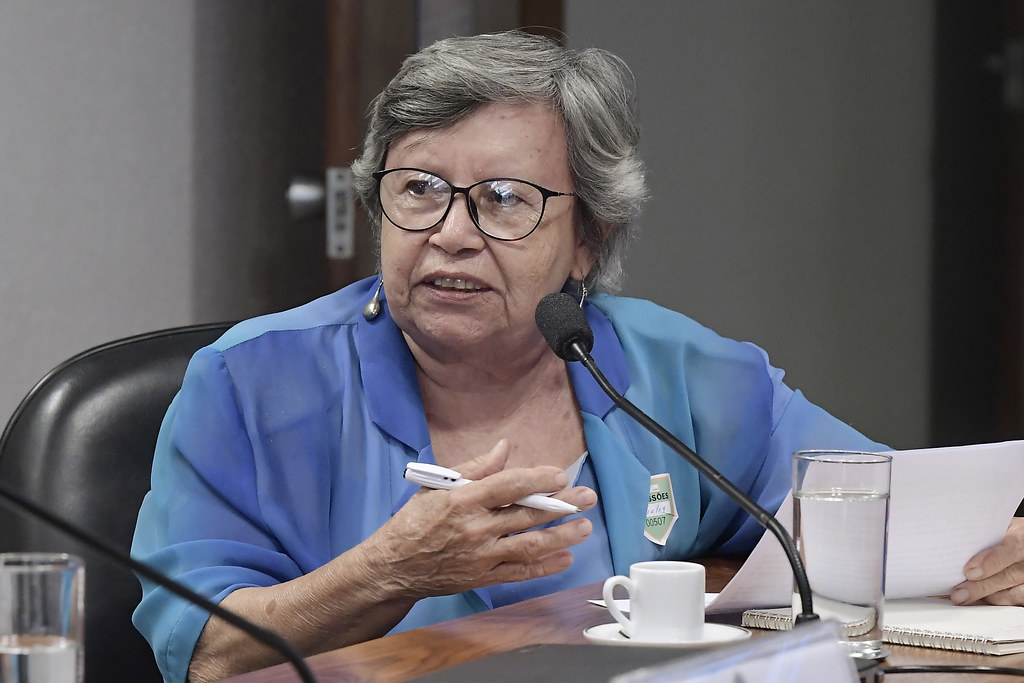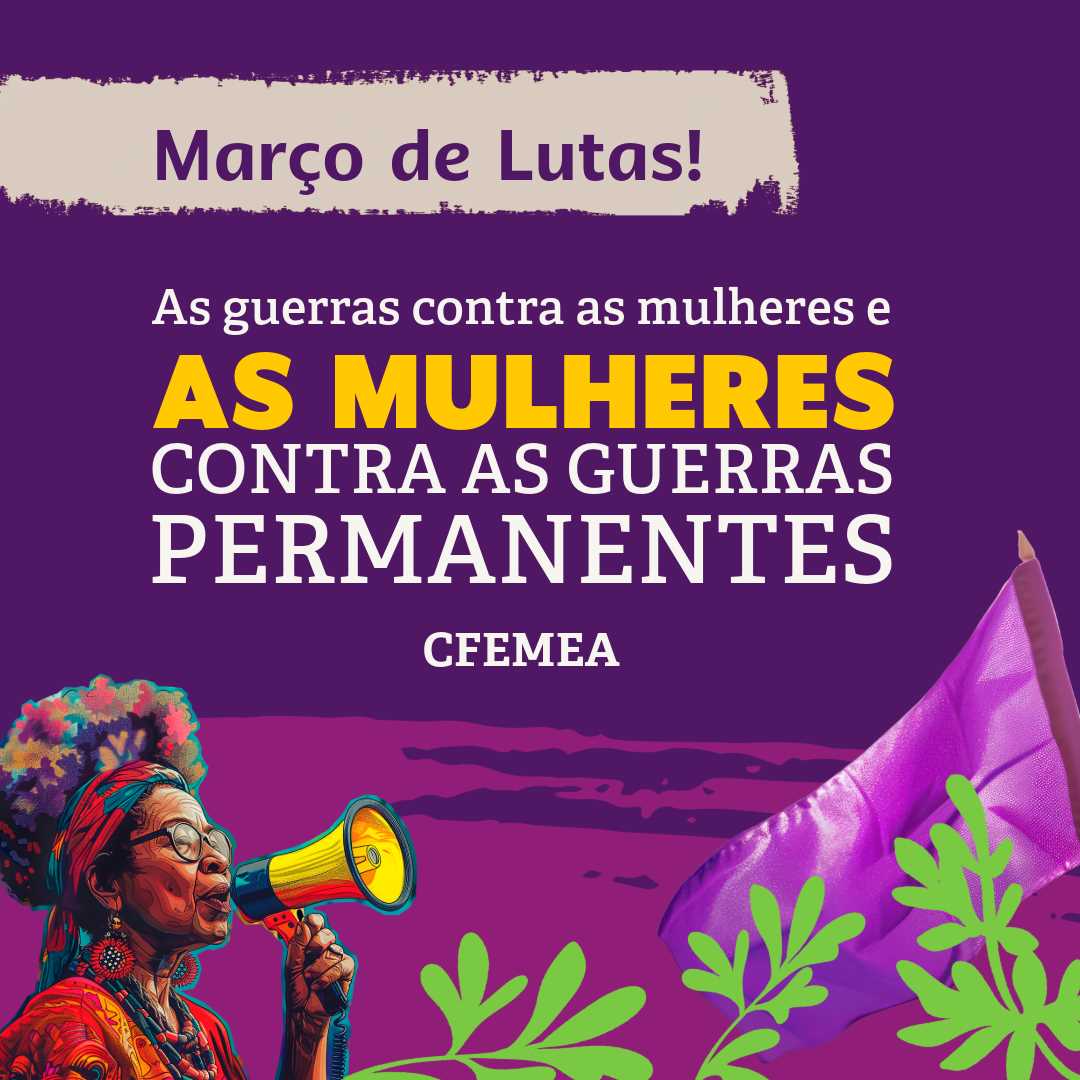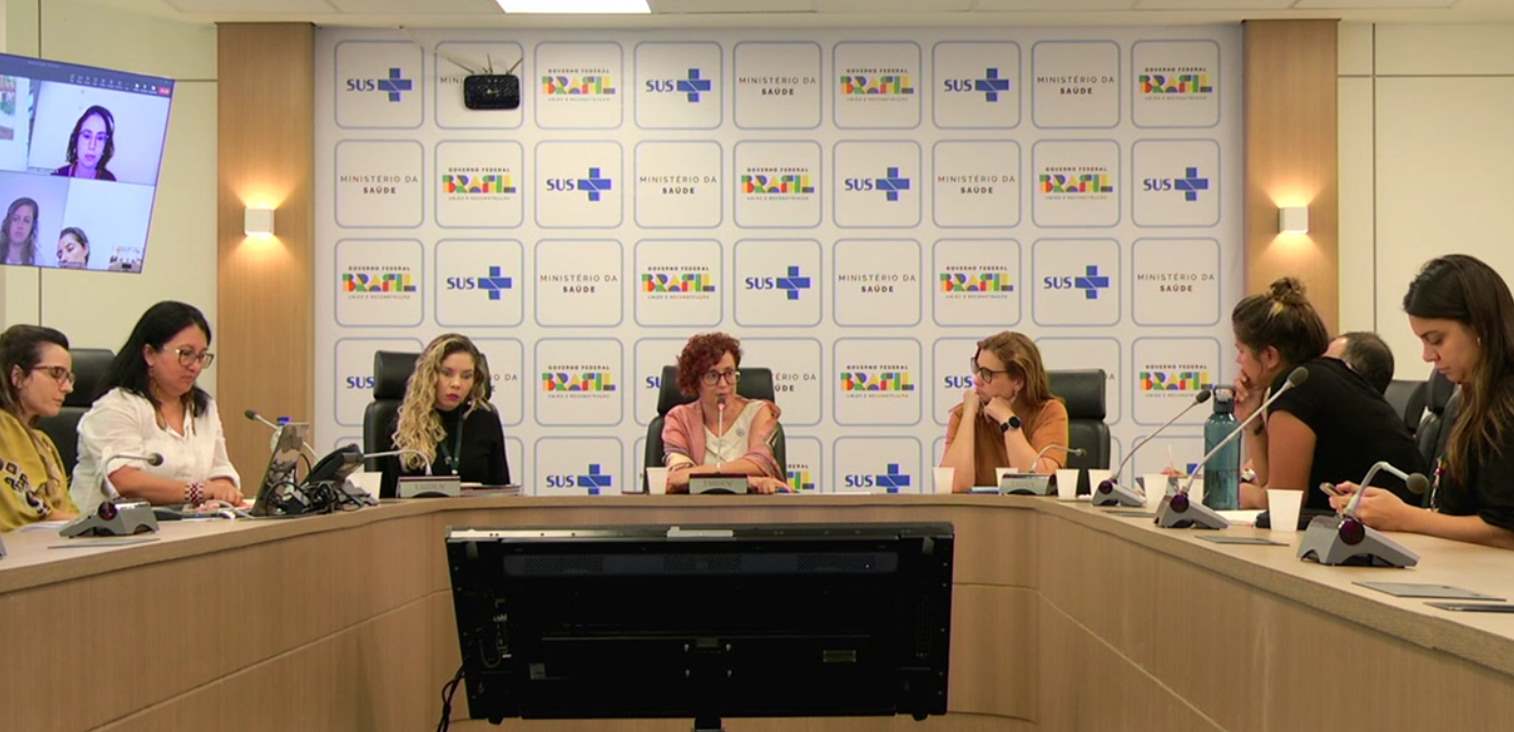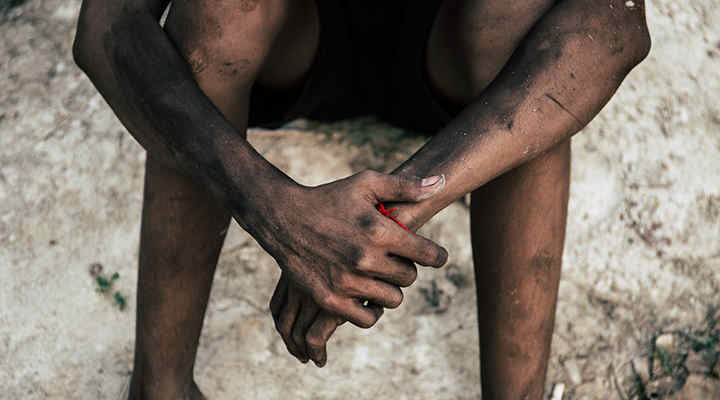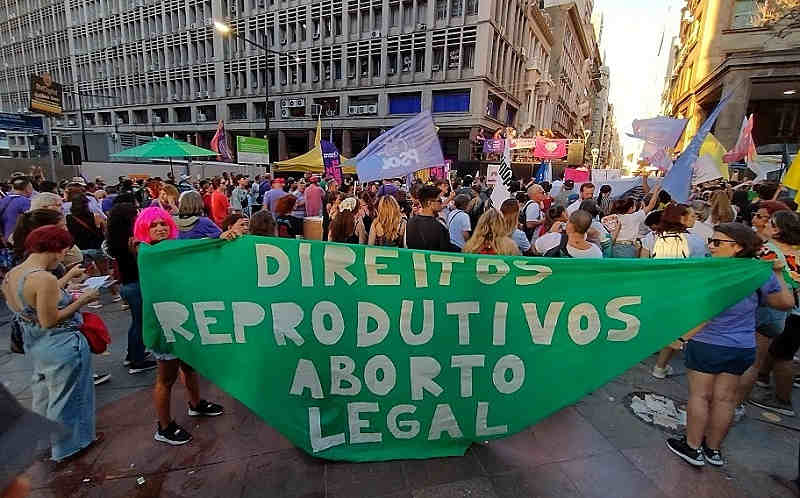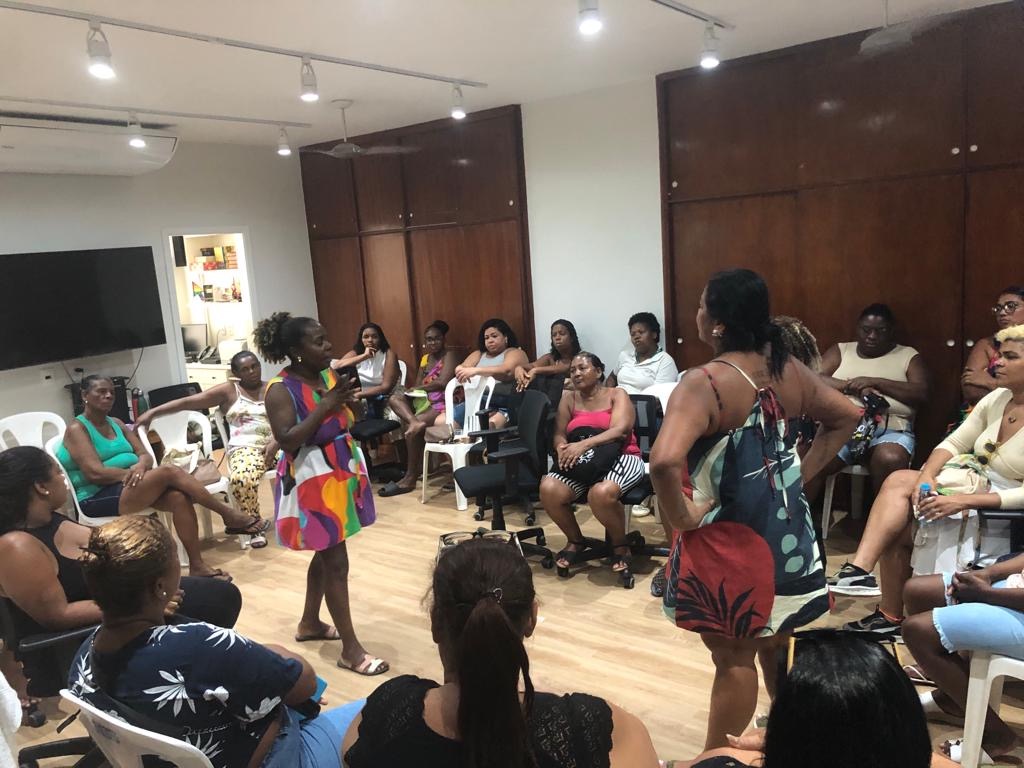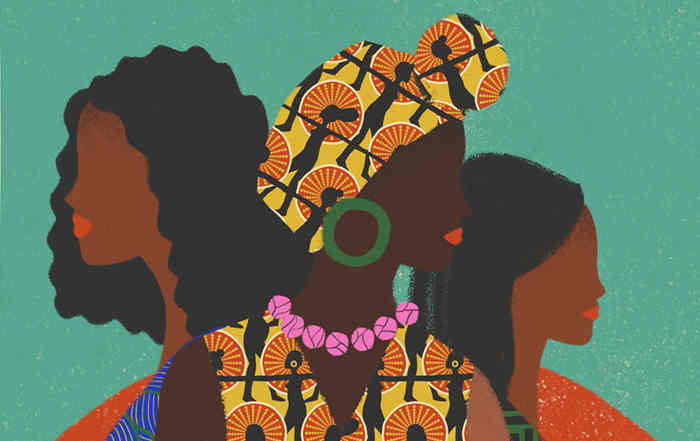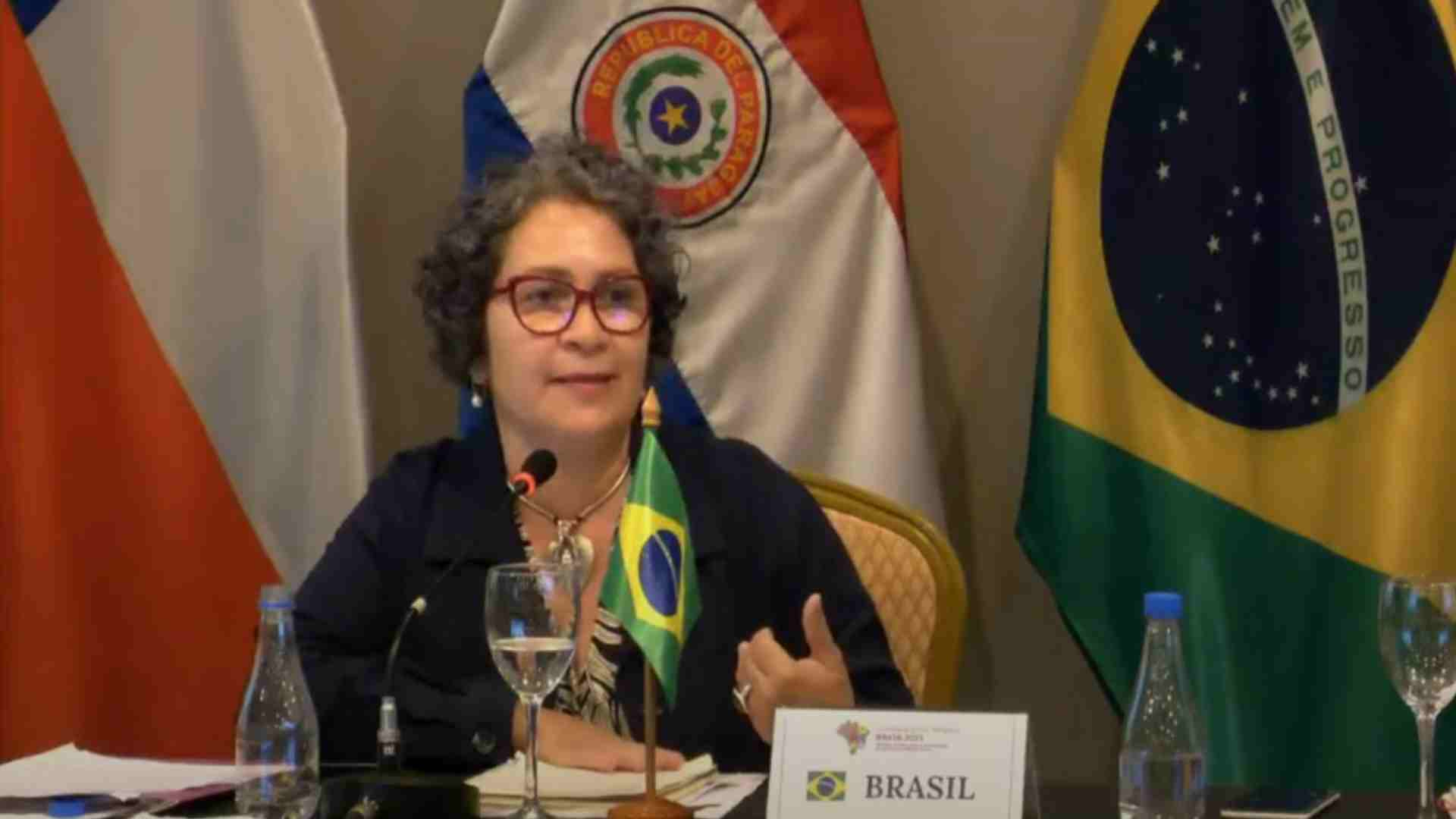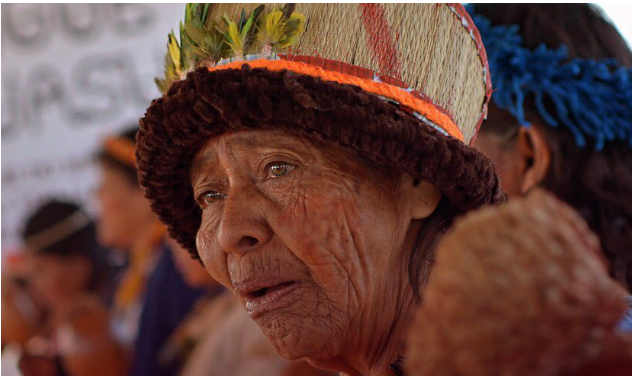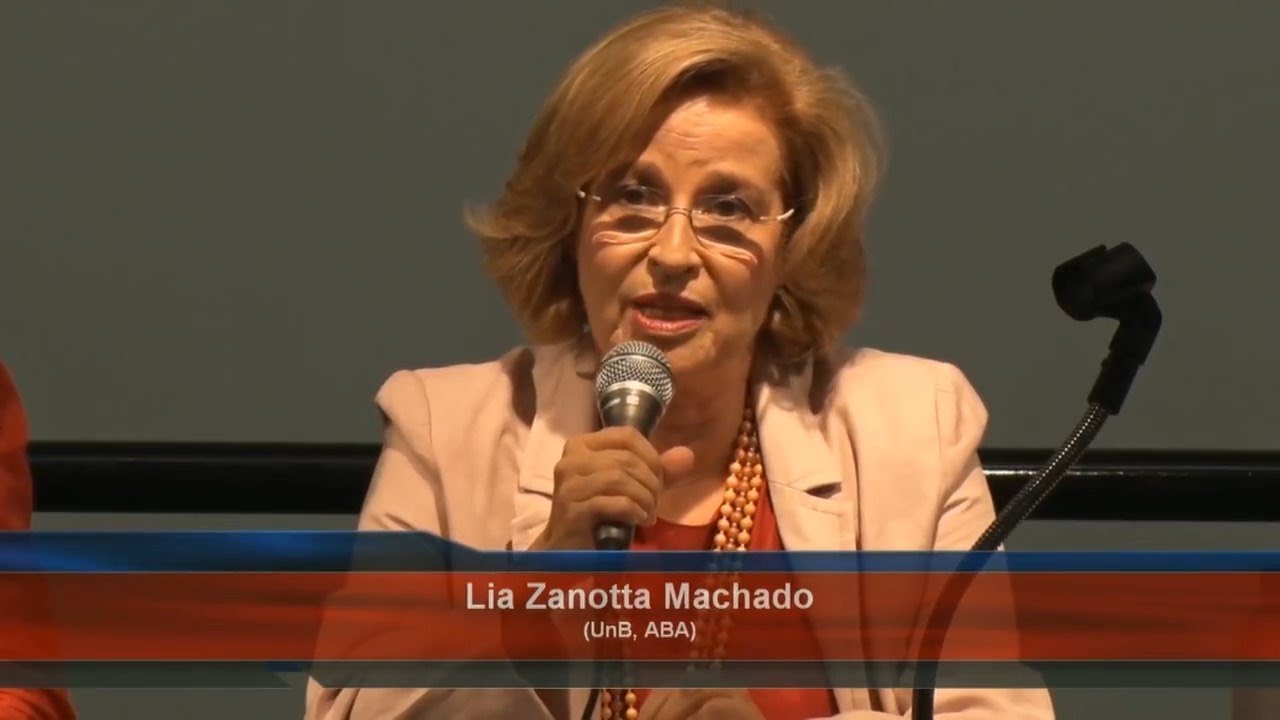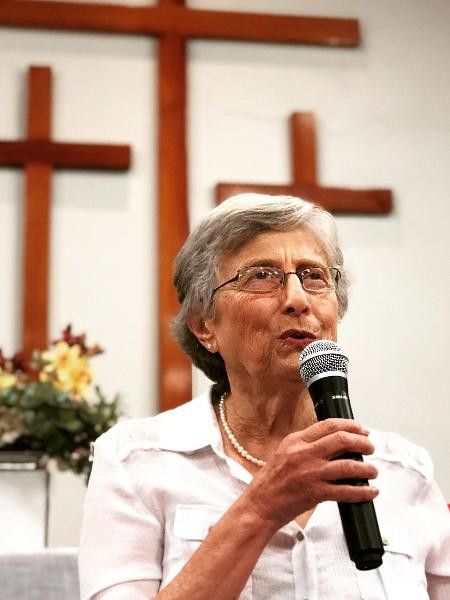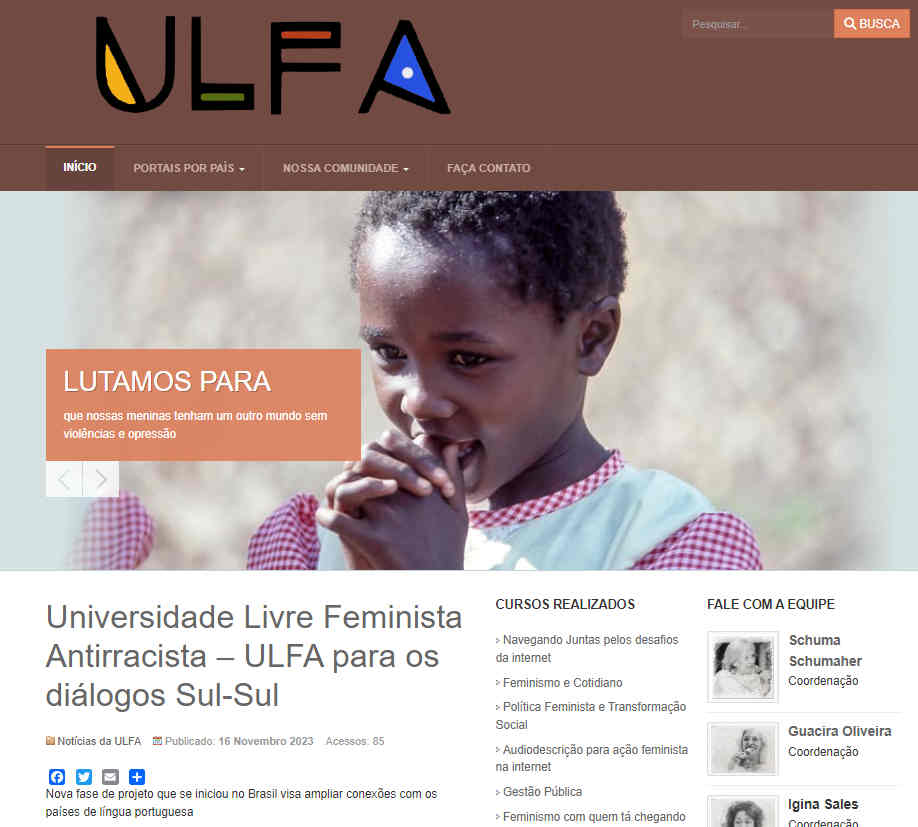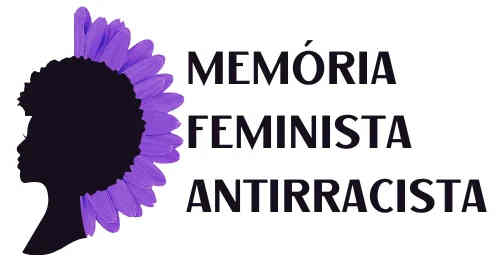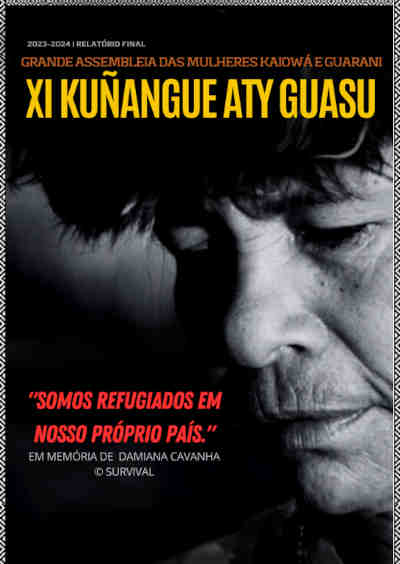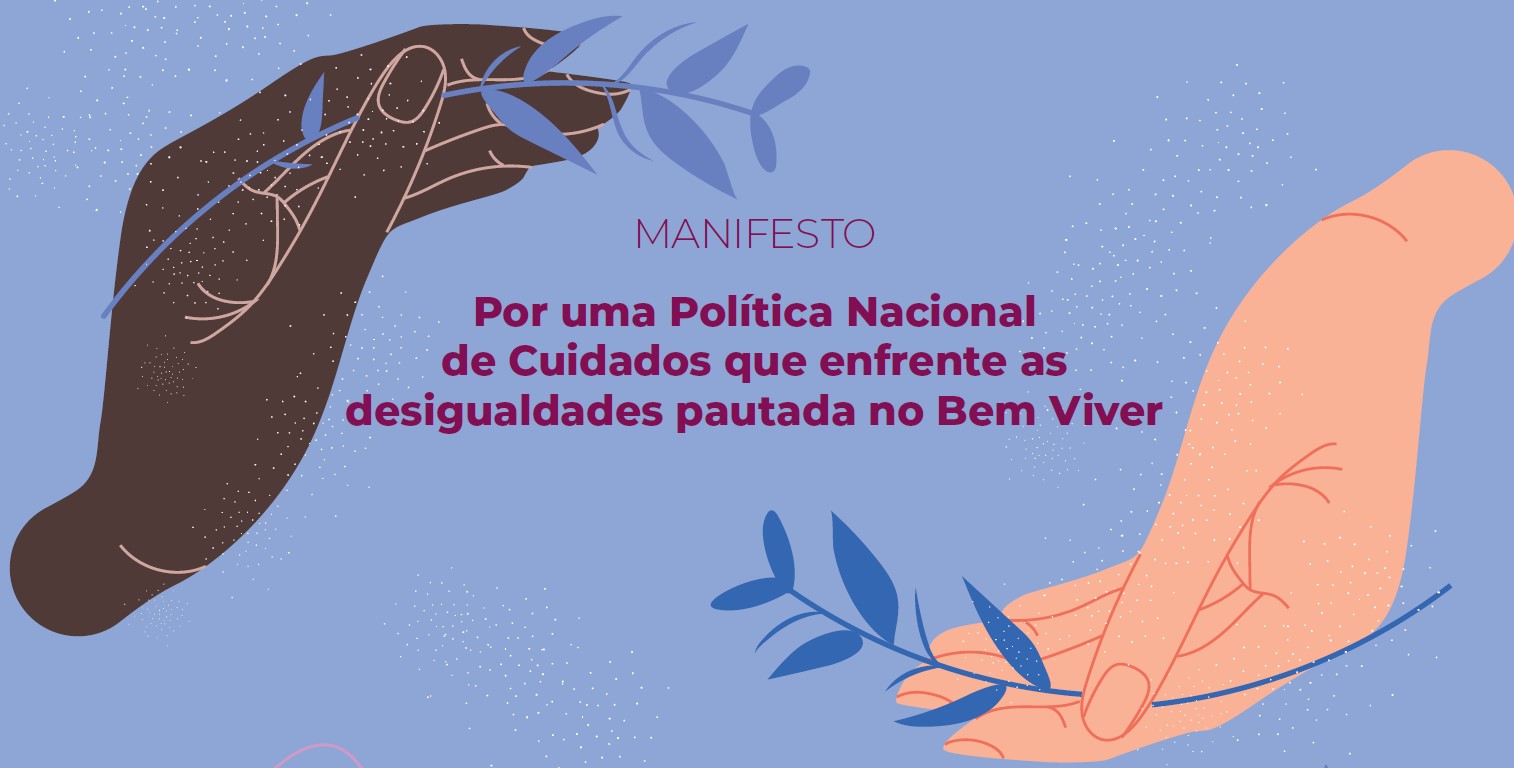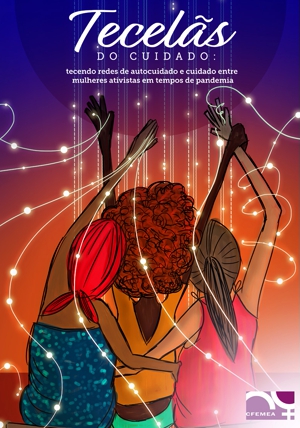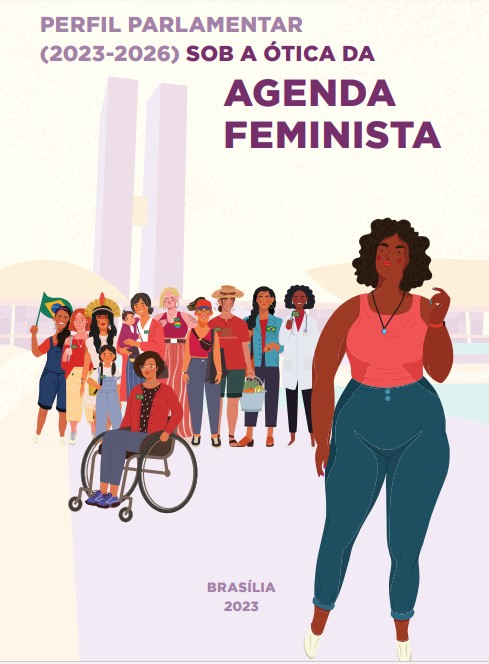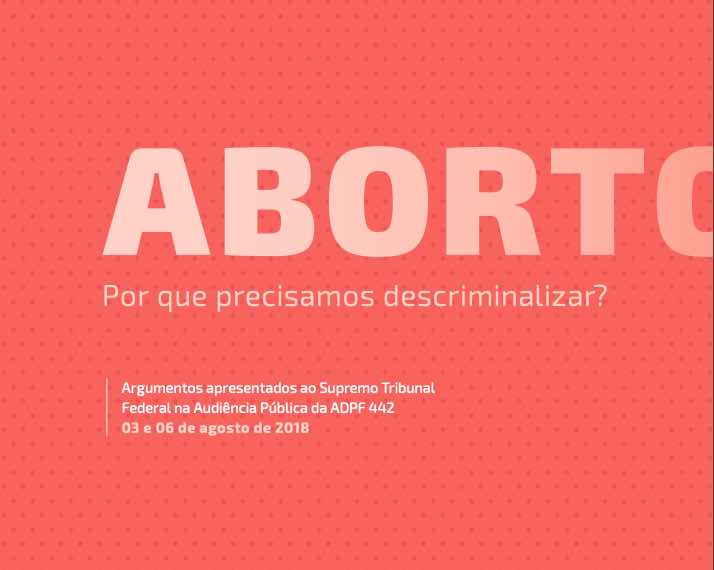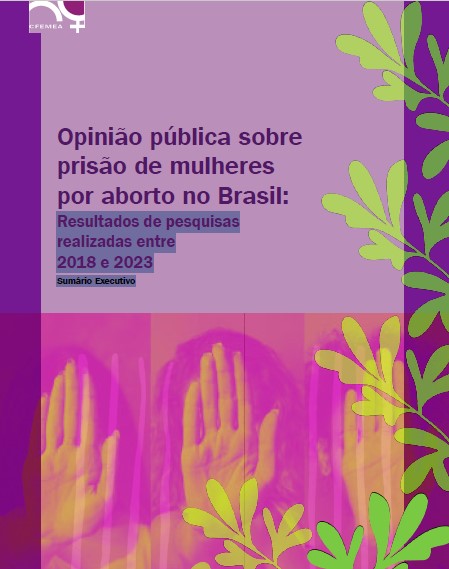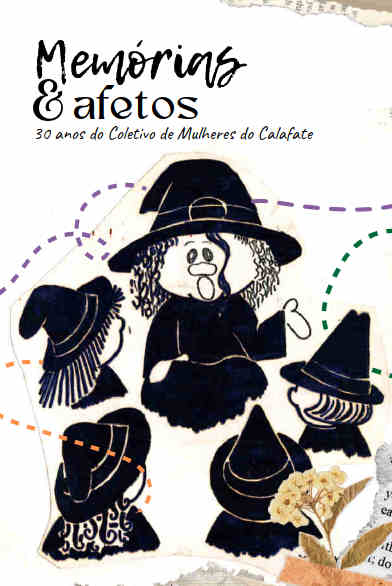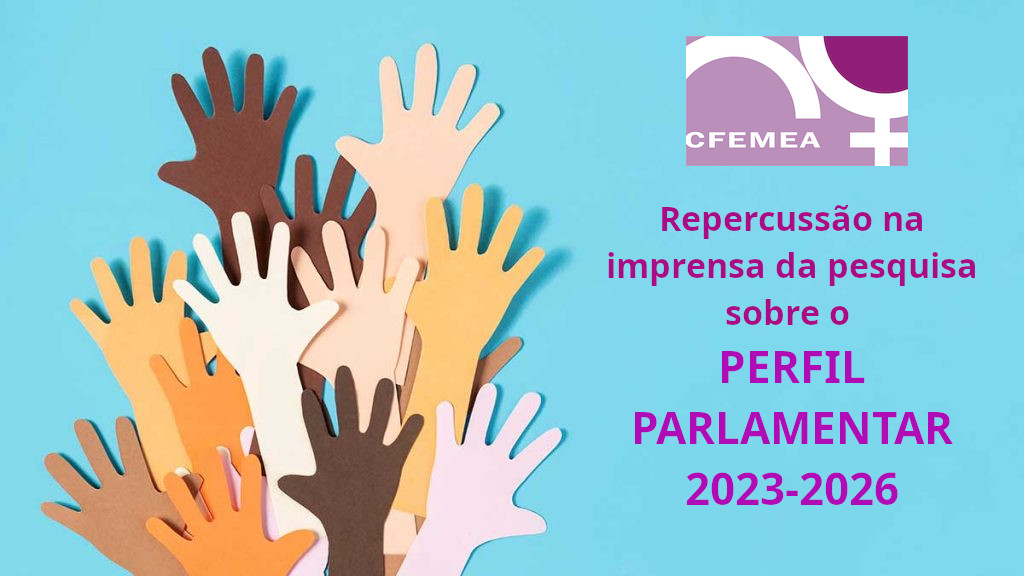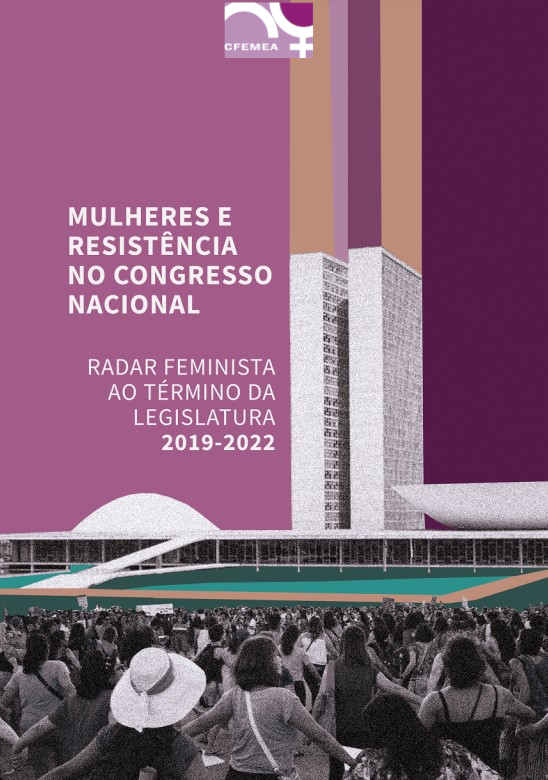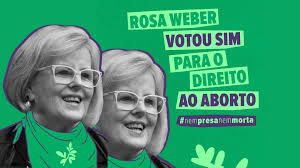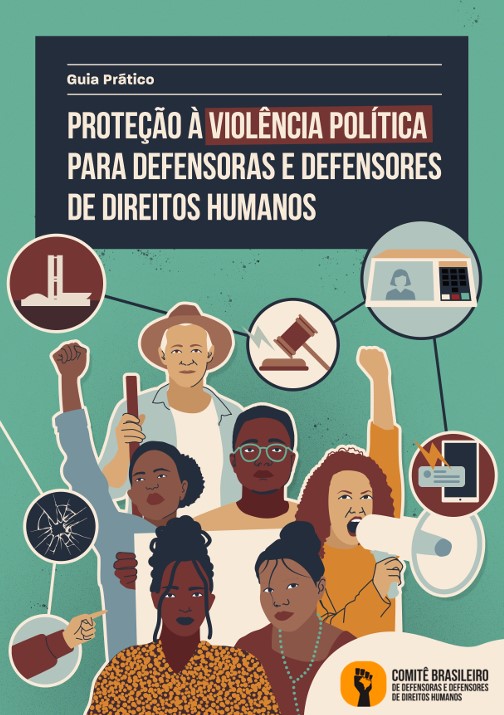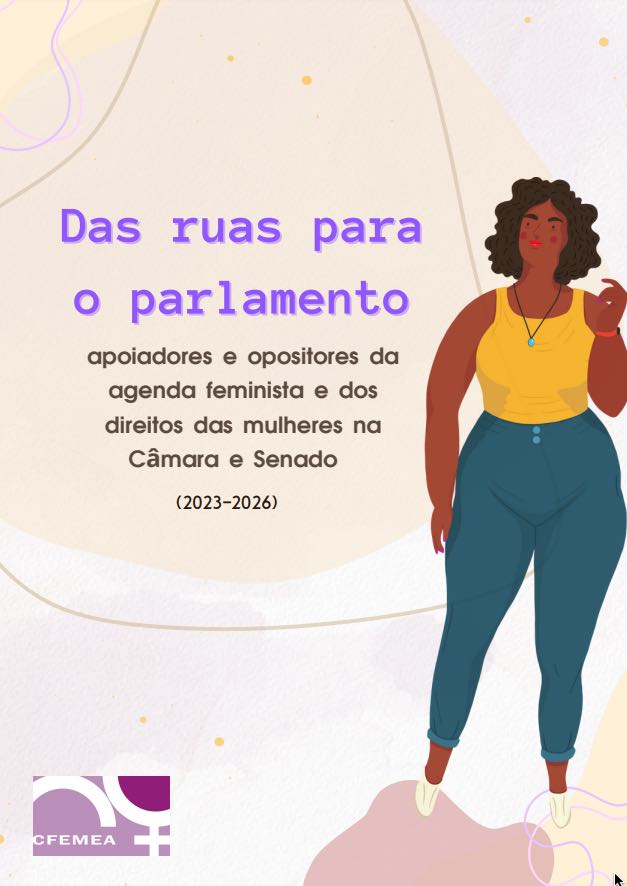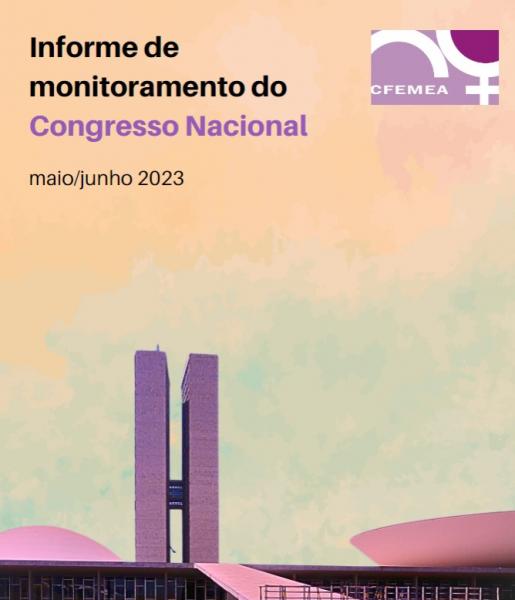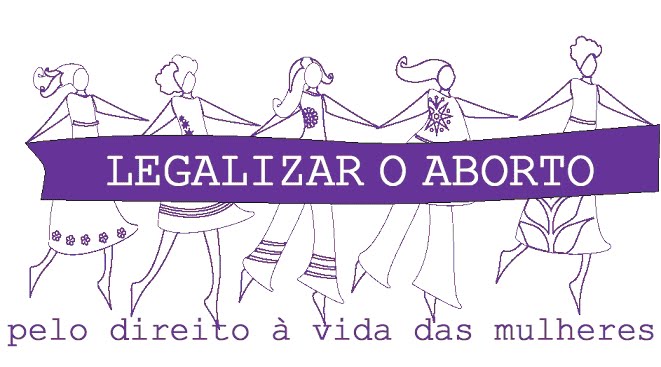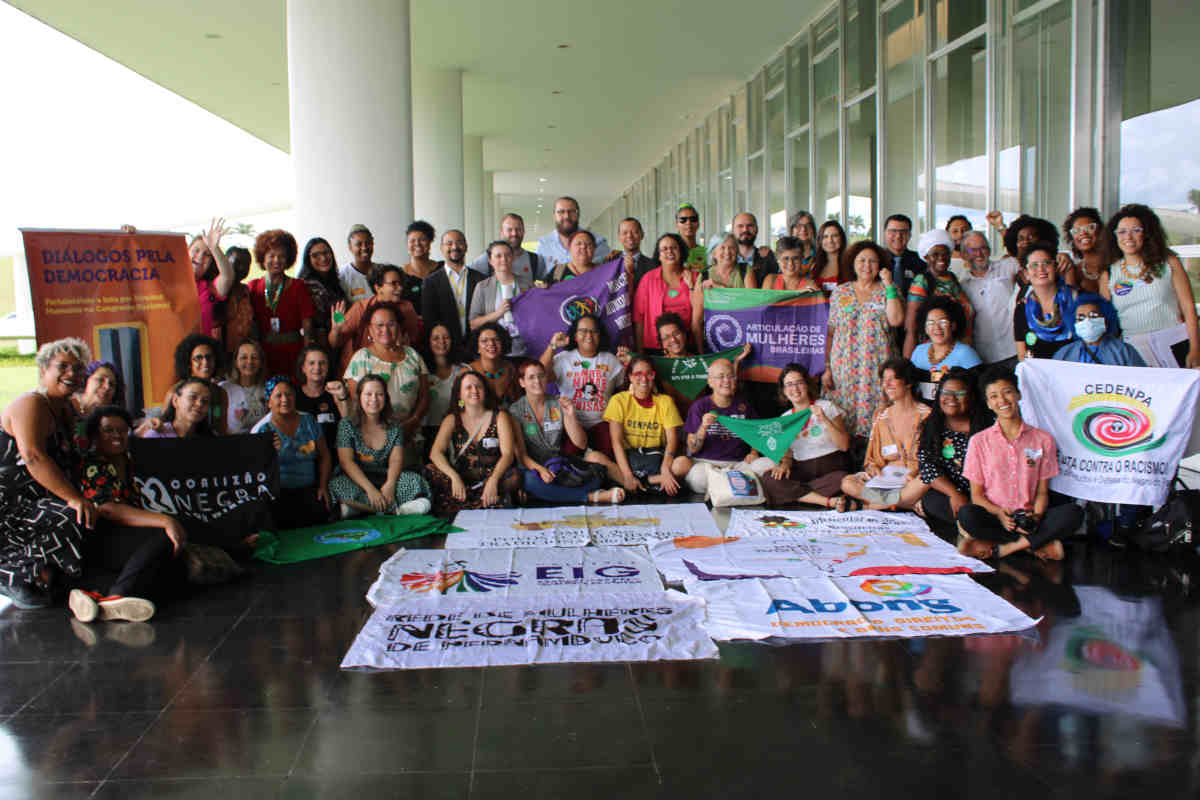Baixe o texto:
https://doi.org/10.1590/1806-9584-2022v30n377471%20Palavras-chave:
cuidado, feminismos africanos, estudos de gênero, HIV, afro-comunitarismoResumo
Este estudo realiza uma revisão sistemática da pesquisa sobre práticas de cuidado de autores/as africanos/as com uma perspectiva feminista. A questão de pesquisa foi desenvolvida por meio da estratégia conhecida com o acrônimo PICo: participantes, fenômeno de interesse e contexto. No nosso caso, são mulheres, feminismo e práticas de cuidado e a África Subsaariana, respectivamente. Após o processo de filtragem dos 102 artigos selecionados, 20 estudos preencheram os critérios de inclusão. Eles foram organizados em três grandes categorías, usando análise temática: epidemia de HIV; crise de reprodução social e cuidados afro-comunitários. Os trabalhos examinados exploram práticas culturais e papéis tradicionais de gênero como fatores de risco ou proteção para a contração do HIV; a sobrecarga de trabalho que as mulheres africanas enfrentam em relação à crise da reprodução social; e as propostas afro-comunitárias em relação os cuidados.
Referências
ACHOLONU, Catherine. Motherism: the Afrocentric alternative to feminism. Nigeria: Afa
Publications, 1995.
AMUSAN, Lere. “Conceptualising Afrocentric-Feminism and Social Constructivism through Alma Ata Declaration (Primary Health Care, PHC) in Rural Nigeria”. Gender & Behaviour, v. 14, n. 2, p. 7246-7253, 2016.
ANIEKWU, Nkolika Ijeoma. “Converging constructions: A historical perspective on sexuality and feminism in post-colonial Africa”. African Sociological Review, v. 10, n. 1, p. 143-160, 2006.
BIMHA, Primrose; CHADWICK, Rachelle. “Making the childfree choice: Perspectives of women
living in South Africa”. Journal of Psychology in Africa, v. 26, n. 5, p. 449-456, 2016. https://doi.org/10.1080/14330237.2016.1208952.
BERLANGA, Sofía; PÉREZ, Rosa María; VIZCAYA, Flores; BERLANGA, Francisco. “Satisfacción en la provisión de redes de apoyo social en grupos de acompañamiento a la maternidad”. Enfermería Global, n. 3, 2014.
BUTLER, Judith. Bodies that matter: On the discursive limits of “sex”. New York: Routledge, 1993.
COETZEE, Azille. “Feminism is African, and other implications of reading Oyèrónké Oyěwùmí as
a relational thinker”. Gender and Women’s Studies, v. 1, n. 1, 2018. https://doi.org/10.31532/
gendwomensstud.1.1.001.
CUNHA, Teresa. “Todo o trabalho éprodutivo: economias de abundâ ncia e da sobriedade”. In:
HERMIDA GONZALÉZ, José (Coord.). (Re)pensar a democracia. Compostela: Obencomún, 2017.
EDWARDS-JAUCH, Lucy. “Gender, social capital and social reproduction: the (in)visibility of care
work in the context of HIV/AIDS”. Journal for Studies in Humanities and Social Science, v. 2, n. 1, p. 60-72, 2013.
FAKIER, Khayaat; COCK, Jacklyn. “A gendered analysis of the crisis of social reproduction in
contemporary South Africa”. International Feminist Journal of Politics, v. 11, n. 3, p. 353-371, 2009.
FEDERICI, Silvia. Revolución en punto cero. Trabajo doméstico, reproducción y luchas feministas. Madrid: Traficantes de Sueños, 2013.
hooks, bell. Feminist Theory: From margins to center. United States: Routledge, 2015.
HOUNTONDJI, Paulin. “Conocimiento de África, conocimiento de africanos: dos perspectivas
sobre los estudios africanos”. In: SOUSA SANTOS, Boaventura; MENESES, María Paula (Eds.).
Epistemologías del Sur. Perspectivas. Madrid: Akal, 2014.
KAKO, Peninnah; STEVENS, Patricia; KARANI, Anna. “Where will this illness take me? Reactions to HIV diagnosis from women living with HIV in Kenya”. Health Care for Women International, v. 32, n. 4, p. 278-299, 2011.
KAKO, Peninnah; STEVENS, Patricia; KARANI, Anna; MKANDAWIRE-VALHMU, Lucy et al. “Grappling With HIV Transmission Risks: Narratives of Rural Women in Eastern Kenya Living With HIV”. Journal of the Association of Nurses in AIDS Care, v. 23, n. 5, p. 442-453, 2012.
KAKO, Peninnah; STEVENS, Patricia; MKANDAWIRE-VALHMU, Lucy; KIBICHO, Jennifer et al. “Missed opportunities for early HIV diagnosis: Critical insights from the stories of Kenyan women living with HIV”. International Journal of Health Promotion and Education, v. 51, n. 5, p. 267-275, 2013.
KANG’ETHE, Simon. “The Challenge that Aging of Caregivers Poses to the Quality of Care Giving with reference to Kanye Community Home Based Care Programme”. Botswana Notes and Records, v. 41, p. 76-82, 2009.
KRUGER, Lou Marie et al. “The melancholy of murderous mothers: Depression and the medicalization of women’s anger”. Feminism and Psychology, v. 24, n. 4, p. 461-478, 2014.
LANDALUZE, Zirion; IDARRAGA, Iker; ESPEL, Leire. “Los feminismos africanos: las mujeres africanas ‘en sus propios términos’”. Relaciones Internacionales, v. 27, p. 35-54, 2014.
MAMA, Amina. “Is it Ethical to Study Africa?, Preliminary thoughts on Scholarship and Freedom”. African Studies Review, v. 50, n. 1, p. 1-26, 2007.
MARKUS, Hazel Rose; KITAYAMA, Shinobu. “Culture and the self: Implications for cognition, emotion, and motivation”. Psychological Review, v. 98, n. 2, p. 224-253, 1991.
McFADDEN, Patricia. “African feminist perspectives of post-coloniality”. Black Scholar, v. 37, n. 1, p. 36-42, 2007.
McFADDEN, Patricia. “Contemporarity: Sufficiency in a Radical African Feminist Life”. Meridians, v. 17, n. 2, p. 415-431, 2018. https://doi.org/10.1215/15366936-7176560.
METZ, Thaddeus; GAIE, Joseph B. R. “The African ethic of Ubuntu/ Botho: implications for
research on morality”. Journal of Moral Education, v. 39, n. 3, p. 273-290, 2010. DOI: 10.1080/03057240.2010.497609
METZ, Thaddeus. “The western ethic of care or an Afro-communitarian ethic? Specifying the right relational morality”. Journal of Global Ethics, v. 9, n. 1, p. 77-92, 2013.
MIKELL, Gwendolyn. African Feminism: The Politics of Survival in Sub-Saharan Africa. Philadelphia: University of Pennsylvania Press, 1997.
MKANDAWIRE-VALHMU, Lucy; KAKO, Peninnah; KIBICHO, Jennifer; STEVENS, Patricia. “The Innovative and Collective Capacity of Low-Income East African Women in the Era of HIV/AIDS: Contesting Western Notions of African Women”. Health Care for Women International, v. 34, n. 3-4, p. 332-350, 2013a.
MKANDAWIRE-VALHMU, Lucy; WENDLAND; Claire, STEVENS; Patricia, KAKO Peninnah et al. “Marriage as a Risk Factor for HIV: Learning from the Experiences of HIV-Infected Women in Malawi”. Global Public Health, v. 8, n. 2, p. 187-201, 2013b. https://doi.org/10.1080/17441692.2012.761261.
MKANDAWIRE-VALHMU, Lucy; STEVENS, Patricia. “The critical value of focus group discussions in research with women living with HIV in Malawi”. Qualitative Health Research, v. 20, n. 5, p. 684-696, 2010.
MOHANTY, Chandra. “Under western eyes: Feminist scholarship and colonial discourses”. Feminist Postcolonial Theory a Reader, v. 12, p. 49-74, 1984.
MOTSAMAI, Molefe. “Critical comments on Afro-communitarianism: The community versus
individual”. Filosofia Theoretica, v. 6, n. 1, p. 1-22, 2017. https://doi.org/10.4314/FT.V6I1.1.
MUNAMATO, Chemhuru. “African Communitarianism and Human Rights Towards a Compatibilist View”. Theoria, v. 65, n. 157, p. 37-56, 2018.
NAIDU, Maheshvari. “Perceptions around second generation female condoms: Reporting on
women’s experiences”. Anthropological Notebooks, v. 19, n. 1, p. 25-34, 2013a.
NAIDU, Maheshvari. “Revisiting female power and the notion of African feminism”. Alternation: Journal for the Study of Language and Literature, v. 20, n. 2, p. 147-163, 2013b.
NICHOLSON, Linda. “Interpretando o gênero”. Revista Estudos Feministas, v. 8, n. 2, p. 9-41, 2000.
NKEALAH, Naomi. “(West) African Feminisms and Their Challenges”. Journal of Literary Studies, v. 32, n. 2, p. 61-74, 2016. DOI: 10.1080/02564718.2016.1198156.
NORTJE-MEYER, Susara. “Mutual-mothering as wise living or living wisely”. HTS Teologiese Studies / Theological Studies, v. 73, n. 4, 2017.
OYOWE, Oritsegbubemi; YURKIVSKA, Olga. “Can a communitarian concept of African personhood be both relational and gender-neutral?”. South African Journal of Philosophy, v. 33 n. 1, p. 85-99, 2014.
PÉREZ RUIZ, Bibian. Lo lejano y lo bello: feminismos y maternidades africanas a través de su
literatura. Madrid: Editorial Fundamentos, 2012.
PÉREZ OROZCO, Amaia. Subversión Feminista de la Economía. Madrid: Traficantes de Sueños, 2014.
SEGEPOLO, Irene; TOMASELLI, Keyan. “I will not share my partner”: the ‘care of the self’ in an HIV prevention campaign”. Journal of African Media Studies, v. 9, n. 1, p. 91-111, 2017.
SENNE, Tshegofatso. “Deaf women’s lived experiences of their constitutional rights in South Africa”. Agenda-Empowering Women for Gender Equity, v. 30, n. 1, p. 65-75, 2016.
SIPI, Remei. Mujeres Africanas. Más allá del tópico de la jovialidad. Barcelona: Wanafrica
Ediciones, 2018.
SIMÓN, Elena. Hijas de la igualdad, herederas de la injusticia. Madrid: Narcea Ediciones, 2008.
SOUSA SANTOS, Boaventura. The end of the cognitive empire: the coming of age of epistemologies from the south. Durham: Duke University Press, 2018.
STOLKE, Verena. “La mujer es puro cuento: La cultura del genero”. Revista Estudos Feministas, v. 12, n. 2, p. 77-105, 2004.
THABETHE, Nompumelelo. “Community home-based care-a cost-effective model of care: Who
benefits?”. AIDS Care - Psychological and Socio-Medical Aspects of AIDS/HIV, v. 23, n. 7, p. 787-
, 2011.
THE JOANNA BRIGGS INSTITUTE. Reviewers Manual - for systematic reviews, 2014.
THIONG’O, Ngugi Wa. Reforzar los cimientos: hacer que África sea visible. Barcelona: Debolsillo, 2017.
TORÍO, Susana; VIÑUELA, Paulina. “Experiencias de vejez vital. Senior Cohousing: autononmía y participación”. Aula Abierta, v. 47, n. 1, p. 79-86, 2018.
TRIANDIS, Harry. “The Self and Social Behavior in Differing Cultural Contexts”. Psychological Review, v. 96, n. 3, p. 506-520, 1989.
TRIANDIS, Harry. “Individualism-collectivism and personality”. Journal of Personality, v. 69, p. 907-924, 2001.
WILLIAMS, Joanna. “Designing neighbourhoods for social interaction: The case of cohousing”.
Journal of Urban Design, v. 10, n. 2, 2005.
YERGES, April; STEVENS, Patricia; MKANDAWIRE-VALHMU, Lucy; BAUER, Wendy et al. “Women’s
narratives of living in polygamous marriages: Rural Malawian experience distilled and preserved in poetic constructions”. Health Care for Women International, v. 38, n. 8, p. 873-891, 2017.




 253
253 




